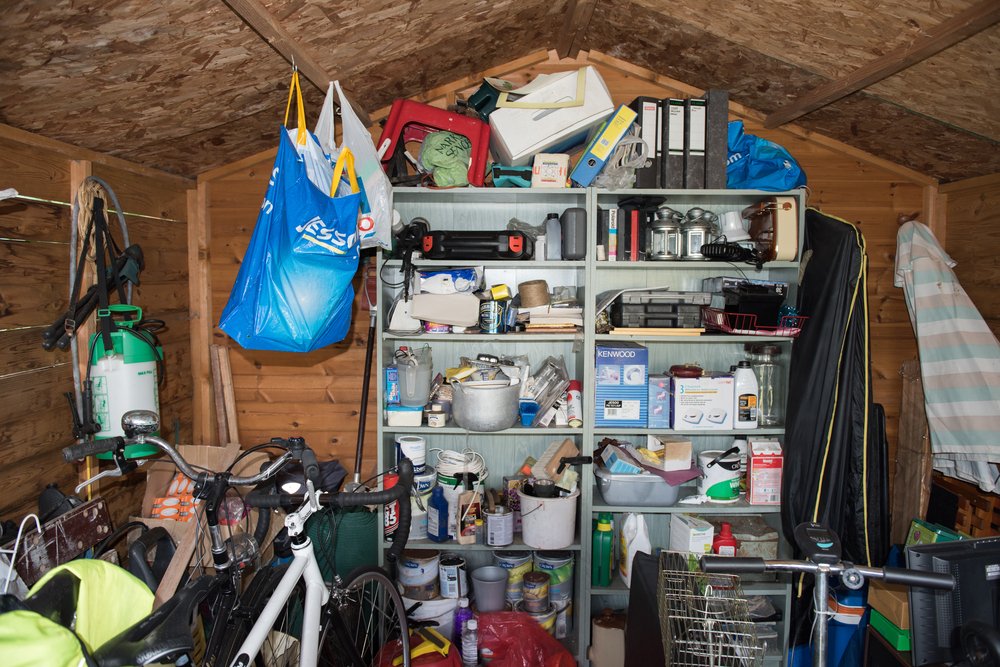If you’re someone who keeps hold of drinks and items, even if you don’t need them then you could be giving away the deepest secrets of your mind.
According to psychologists, the clutter around your house can provide an insight into your emotional state and not just that, it can also pinpoint what kind of problem you’re dealing with.
A cluttered environment is known to negatively impact on a person’s ability to focus and process information, which is why we encourage people to spring clean as a way to achieve a healthier body and mind.
People are prone to collect items though, whether it’s for sentimental or another value and we often end up with excess possessions we neither want or really need.
But could the way we collect these seemingly random objects have a deeper meaning, or is it just a part of life?
Psychologists have long tried to prove there’s a link between our head and living spaces, with clinical psychologist Noah Mankowski even forwarding the claim that the location of clutter in the home, could provide an insight into your state of mind.
While he accepts there’s no scientific basis for this, he insists that are signs that our inner thoughts could influence on how we organise our homes.
If clutter is found in the attic or basement, he claims it could be a sign someone is unable to let go of the past, or if it mainly gathers in the living spaces it may well signify problems in your social life.
The bathroom, he claims, is related to body image and the bedroom our sexuality and intimacy.
He argues that we cause clutter in the home, relating to where we have blockages in our own mind and could be trying to cover something up.
But what motivates us to hold onto unnecessary items rather than throwing them away in the first place?
Psychologists argue that the inability to let go of our possessions is the result of an unconscious, deep rooted motivation that is usually connected to experiences in childhood.
Not everyone is in agreement with this type of analysis though, with, Psychologist Ben Buchanan claiming it’s an excessive attempt to apply the Freudian ideal to every element of our lives.
However, he does conceded that elements from your childhood could be of influence in later life, such as if your family were often short of food you may be more inclined to keep your cupboards full as an adult.
Those who are clutter free don’t escape analysis either, as an intolerance of mess has been claimed to be an indicator of someone with low-tolerance, who could well have control issues.
















